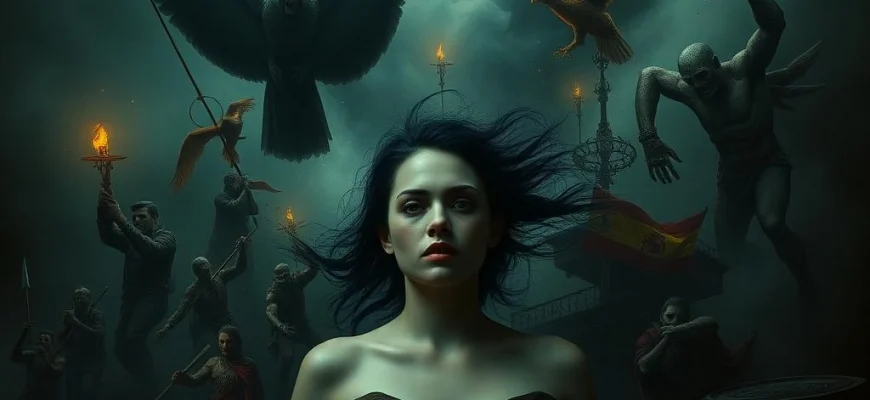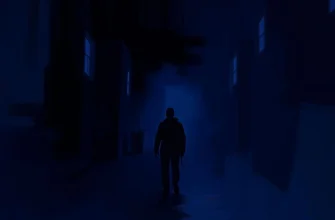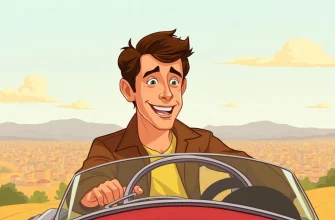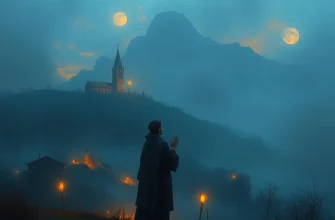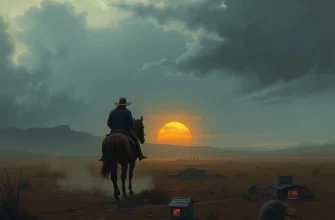Si vous avez été captivé par 'Tristana' (1970), le chef-d'œuvre de Luis Buñuel, vous cherchez peut-être d'autres films ou séries qui explorent des thèmes similaires de pouvoir, de liberté et de relations complexes. Cet article vous propose 10 œuvres cinématographiques qui partagent l'esprit provocateur et la profondeur psychologique de 'Tristana'. Découvrez des histoires tout aussi envoûtantes et des personnages inoubliables.
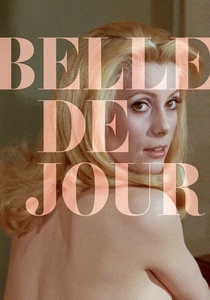
Belle de Jour (1967)
Description: Explores themes of fantasy and reality blending, with a focus on the protagonist's inner desires and societal constraints.
Fait: The film was initially banned in several countries due to its provocative content. It won the Golden Lion at the Venice Film Festival.
 Regarder
Regarder

The Discreet Charm of the Bourgeoisie (1972)
Description: A surreal narrative that critiques bourgeois society through absurd and dream-like sequences.
Fait: It won the Academy Award for Best Foreign Language Film. The title is a play on words, referencing both charm and the bourgeoisie's discreet nature.
 Regarder
Regarder

The Phantom of Liberty (1974)
Description: A series of interconnected vignettes that challenge conventional narratives and societal norms.
Fait: The film's title is inspired by a line from Karl Marx. It features a famous scene where characters dine on toilets.
 Regarder
Regarder

That Obscure Object of Desire (1977)
Description: Delves into the complexities of desire and obsession, with a nonlinear storytelling approach.
Fait: The film famously uses two actresses to play the same character, a unique artistic choice. It was the director's final film.
 Regarder
Regarder

All About My Mother (1999)
Description: A poignant exploration of identity, loss, and motherhood, with a strong emotional core and theatrical influences.
Fait: The film won the Academy Award for Best Foreign Language Film. It is dedicated to actresses like Bette Davis and Romy Schneider.
 Regarder
Regarder
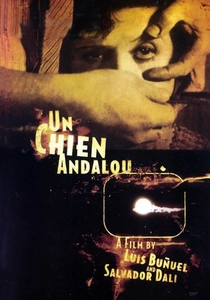
Un Chien Andalou (1929)
Description: A groundbreaking surrealist short film that disrupts narrative logic and explores the unconscious mind.
Fait: The famous eye-slitting scene used a cow's eye for realism. The film has no traditional plot, only a series of shocking images.
 30 jours gratuits
30 jours gratuits

The Exterminating Angel (1962)
Description: A surreal allegory about societal breakdown, where guests are trapped in a room for no apparent reason.
Fait: The film's premise was inspired by a recurring dream of the director. It has been interpreted as a critique of Francoist Spain.
 30 jours gratuits
30 jours gratuits

